Upon taking this module and researching on the weekly topics, I started appreciating the importance of developing digital literacy. My professional digital profile and digital literacy has significantly expanded over the course and thanks to this module, I have obtained in-depth knowledge about the main features of social platforms.
Over the course of this module, the result of my self-test has improved by 6 points.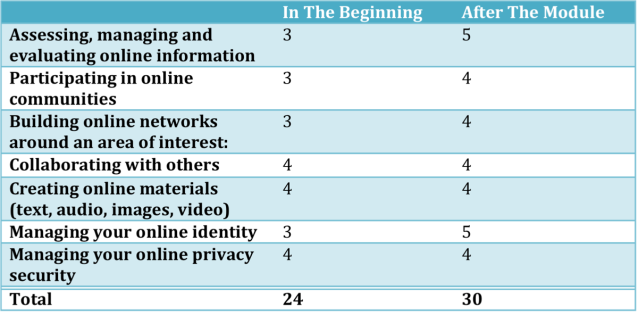 Assessing, managing and evaluating online information
Assessing, managing and evaluating online information
Prior to this module, I took little considerations in the importance of evaluating online information. I used to believe in anything on the website. However, after learning about the existence of satire websites, i realised it is important to find legitimate sources to make sure that we are learning accurate information.
Participating in online Communities; Building Online Networks; Managing your online identity.
Previously, I failed to identify the web as a platform for us to promote ourselves professional online. In topic 3 , I learned to appreciate the web as a platform to create an professional digital profile that can help me for my future employability. I’ve dissociated my social and professional profiles, and also reached out to new platforms.
I have created a professional twitter account where I can share different things to the difference audiences.
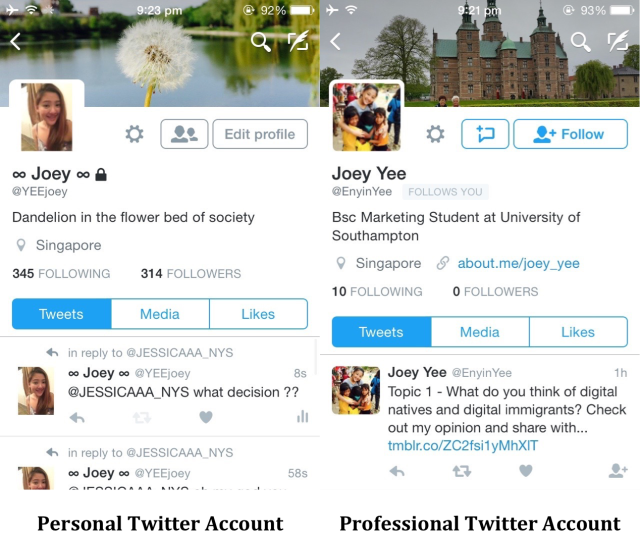
Tumblr will be used as an enticing graphical and visual platform for me to promote my career highlights and experience. With more than 13 billion monthly page view, it can also be used as a platform for me to drive more traffic to my other professional social pages.
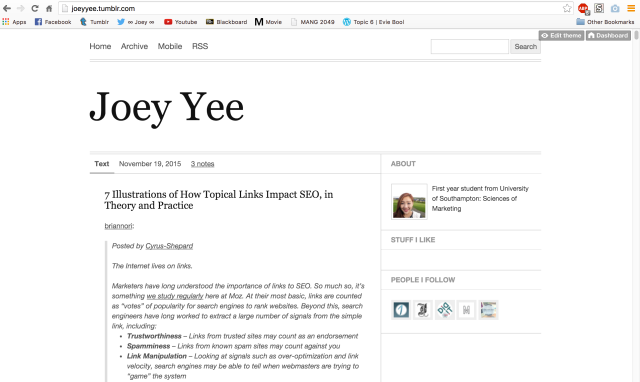
About.me will help me build an inexpensive “web business card” to let future employers know more about me. Its flexibility allows me to connect to my other social media pages with a click away.
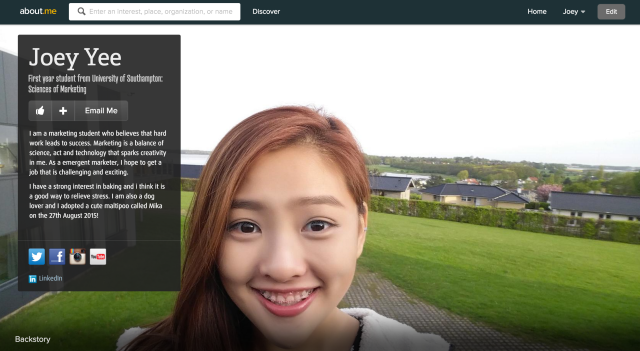
Moreover, since about.me acts like the yellow pages of online profile, you can find specific people by typing their names. I tried typing my name and gladly, I am the only one!
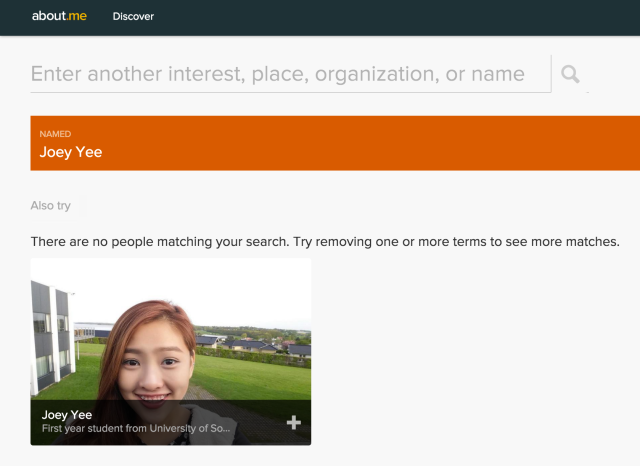
Enter a caption
I used to think that people who created LinkedIn accounts were trying to show off. However, Professor Harris enlightened this point by saying that it is actually beneficial to our future career and help open doors to a myriad of opportunities.
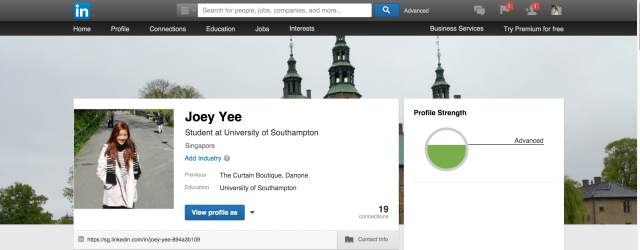
I understand that in today’s digital networking age, LinkedIn is useful to help us make smart connections. Thus, I added as many useful information as possible and now have an “advance strength” profile, which I think is great for a student. Additional, I joined many groups and commented on articles to be more socially active.
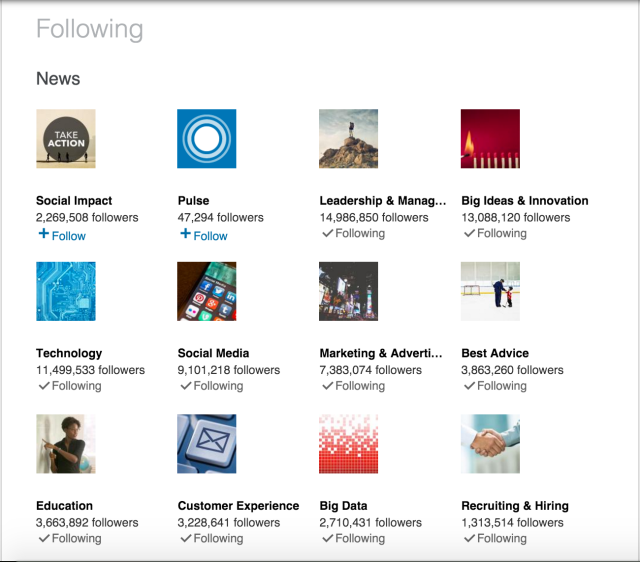
Managing your online privacy security
I have made my personal twitter and Facebook account private to ensure 100% professionalism.
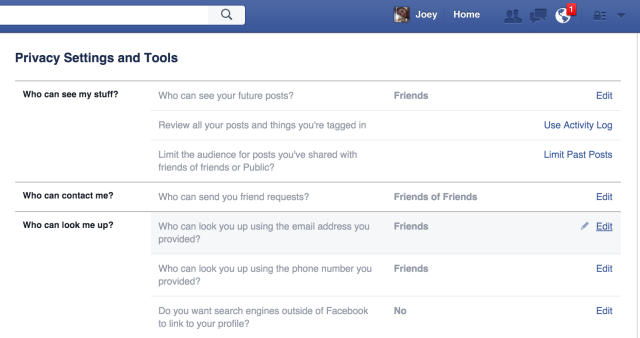
These additional networks and changes I have made will definitely help make my professional profile more visible to hiring managers in the future. The presentation slide below is a reflection slide upon what I have learned from this module.
I am glad that my commitments to this module have led to the completion of this module on a positive note. Lastly, I would like to thank all the professors for their enthusiasm in teaching.
Joey Yee
Word Count: 505


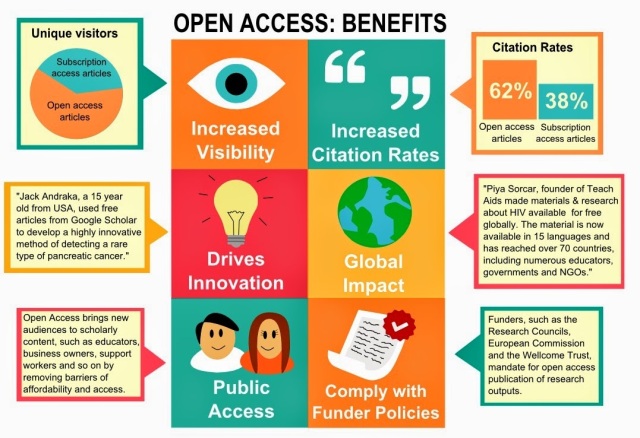





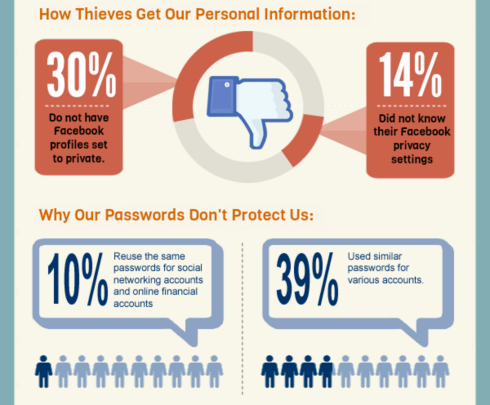

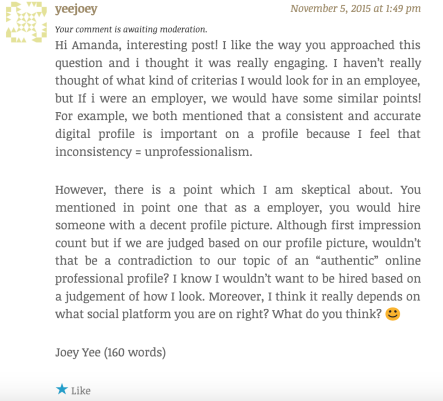
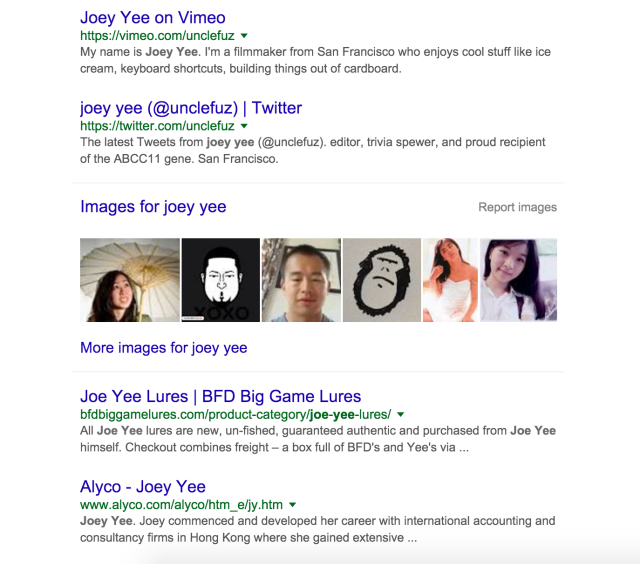
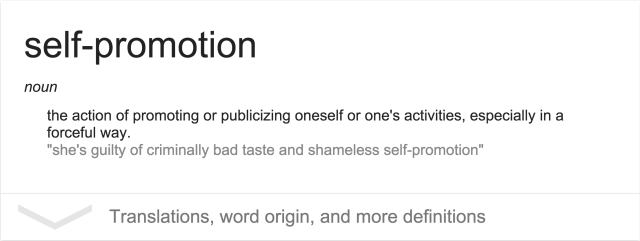
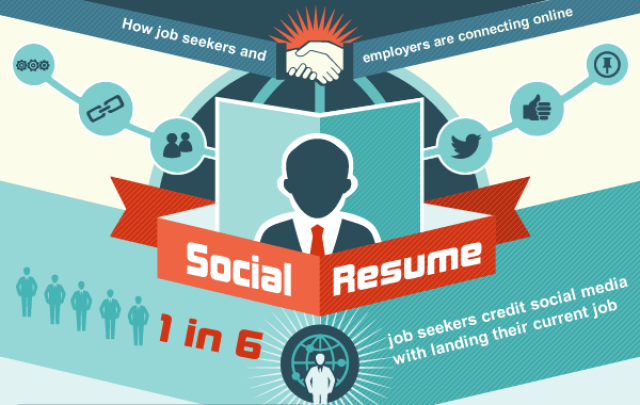
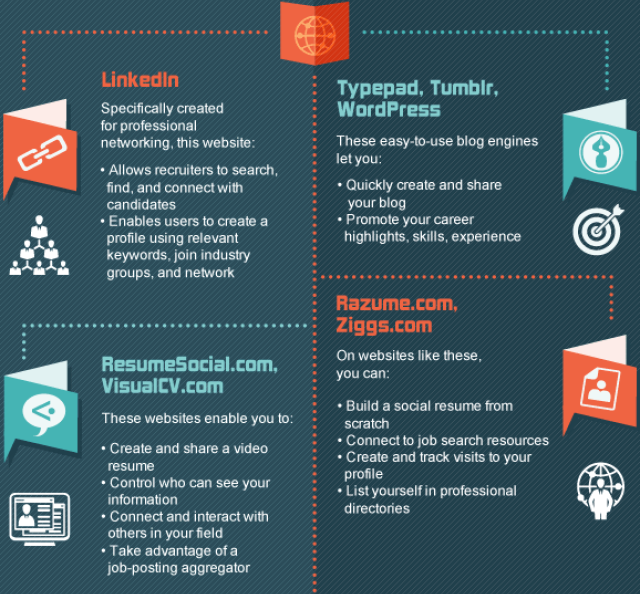
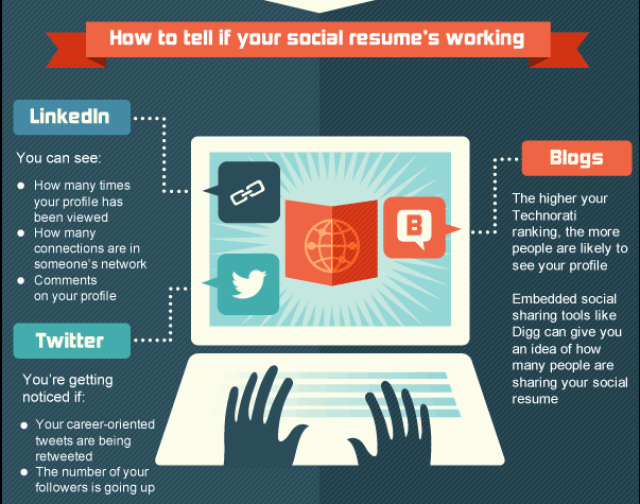
 However, one must take note that anyplace online where your name, image and contact information is available to the public should be considered as part of your professional online profile. (
However, one must take note that anyplace online where your name, image and contact information is available to the public should be considered as part of your professional online profile. (
 Source :
Source : 
 Source: https://www.tumblr.com/tagged/*colleen-ballinger
Source: https://www.tumblr.com/tagged/*colleen-ballinger